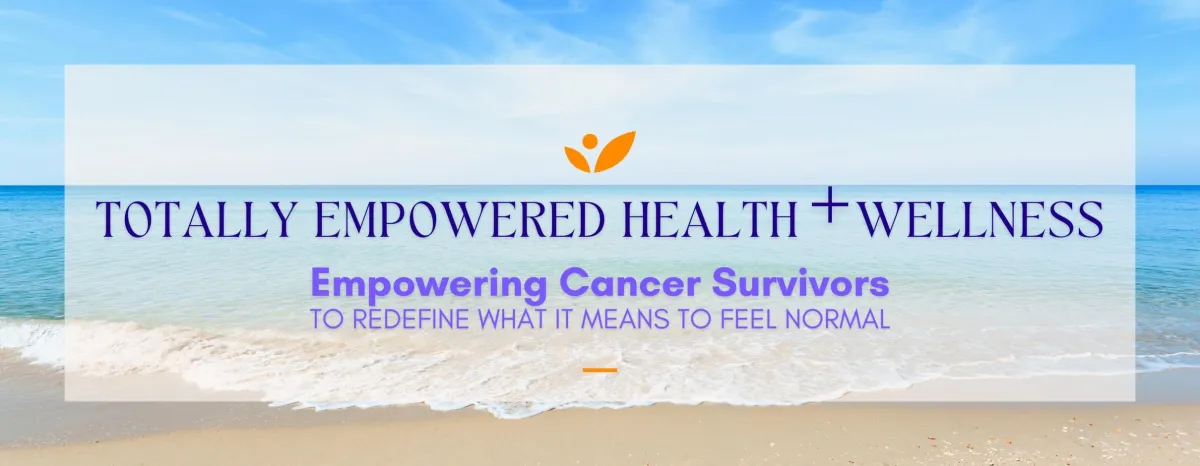
Welcome to Empowerment Insights

Top 10 Empowering Energy Conservation Techniques That Boost Life After Cancer
Redefining Energy After Cancer
You didn’t overcome cancer to spend your days rationing energy like a rare, priceless resource. Yet, here you are—navigating work meetings, family obligations, and that elusive thing called joy—while your body quietly pleads for rest. Let’s get one thing straight: this isn’t laziness. It’s biology.
Cancer treatment can leave behind a trail of fatigue-inducing effects—damaged mitochondria, chronic inflammation, hormonal imbalances. But you’re not st
uck in this phase. As your body works on rebuilding itself at the cellular level, energy conservation techniques can help bridge the gap. These aren’t about “settling” but rather about strategizing your energy so you can chase dreams, not just deadlines.
What Are Energy Conservation Techniques?
Energy conservation techniques are not about shrinking your life. They’re about managing it smarter. Think of them as a temporary operating manual for your post-cancer body.
These strategies allow you to spend less energy on draining tasks and save it for things that bring you joy—whether it’s hosting a family dinner, dancing at a backyard wedding, or simply laughing without fatigue catching up.
Why Traditional Advice Falls Short
The old advice—“just push through it”—fails to recognize that your energy deficit isn’t mental; it’s physiological. Pushing through might work for a temporary slump, but not for persistent post-treatment fatigue. You’re not lacking motivation. Your body is demanding a different kind of support.
The Empowered Approach to Energy Management
This is about reclaiming agency. Rather than seeing rest as a sign of weakness, you’ll learn to view it as a strategic investment in your recovery. With the right techniques, you’ll be able to optimize both your performance and your peace of mind.
1. Time It Right: Ride the Energy Wave
Schedule the most mentally or physically taxing tasks when you naturally have more energy—usually in the morning. Reserve lighter tasks for when your energy dips. This simple shift helps you work with your body instead of against it.
2. Location Hacking: Smart Errands
Minimize unnecessary trips by clustering errands. If the pharmacy is near the dry cleaner, plan to do both in one go. It’s a small shift that spares you from energy-draining zigzags across town.
3. Energy Pairing: Balance the Load
Pair a high-energy task with a low-energy one. Listen to a podcast while cooking or sit while folding laundry. This method keeps you productive without overextending yourself.
4. Delegate Like a CEO
Successful leaders delegate—and so should you. Use grocery delivery apps, ask family for help, or hire out occasional chores. Your energy is a finite resource; spend it on what only you can do.
5. Plan Your Movement with Purpose
Gentle movement like stretching, walking, or yoga can enhance stamina and mood. Schedule it like a non-negotiable meeting. Remember, consistency beats intensity in this phase of healing.
6. Write in the Rest—Literally
Block rest into your calendar before your body forces you to. Breaks aren’t a luxury; they’re a medical necessity during recovery. Honor them like you would a doctor’s appointment.
When Energy Comes Back: Transitioning Off Conservation Mode
Eventually, your energy will return—and when it does, these habits will help you maintain a sustainable rhythm. The goal is to transition from survival to strength, adding more ambitious activities without sacrificing recovery.
TEHW’s Cellular Healing Strategy
At TEHW, we take it a step further. Our approach digs into the root causes of your fatigue, from mitochondrial repair to hormonal balancing and inflammation control. This isn’t about masking symptoms—it’s about reclaiming full-body vitality.
You’re Not Just “Getting By” Anymore
This isn’t your forever. You’re in a transition—not a decline. With the right tools, support, and mindset, you can reclaim your life—not in pieces, but in full, vibrant motion.
FAQs About Energy Conservation Techniques
Q1: Are energy conservation techniques only for cancer survivors?
No. While especially beneficial post-treatment, anyone dealing with chronic fatigue or energy imbalance can benefit from them.
Q2: Is it okay to nap during the day?
Yes. Short, strategic naps (20–30 minutes) can improve alertness and recovery without disturbing nighttime sleep.
Q3: How do I know if I’m overdoing it?
If tasks that were once easy leave you drained for hours or days, it’s a sign to scale back and rest more proactively.
Q4: Can I ever go back to “normal”?
Absolutely. Many survivors regain full energy levels. Energy conservation is a bridge—not a lifelong sentence.
Q5: What role does nutrition play in energy recovery?
A major one. Anti-inflammatory foods, adequate protein, and balanced macros support cellular healing and energy restoration.
Q6: Is exercise safe if I’m always tired?
Yes, as long as it’s gentle and consistent. Over time, it can significantly improve energy levels.
Reclaim the Life You Fought For
You didn’t fight through cancer to just survive—you’re here to thrive. With energy conservation techniques, you’re not retreating. You’re strategically advancing. The journey to full vitality is underway, and every intentional step counts.
You’re meant to reclaim your life. With energy. With intention. With joy.
Ready for more tools like this?
Read more blog posts like this one right here:
Want personalized support and a science-backed roadmap to reclaim your energy—for good?
You fought too hard to feel like you’re still surviving.
Let’s get you back to living the life you fought for with strategy & zero shame.
Don't Delay
Book Your Total Empowered Consultation call today!
Take control of your recovery and start feeling better today.
Book a Discovery Session with us to share where you currently are in your health journey and learn more about our innovative treatment approach. Together, we can help you regain your energy and vitality, so you can start living the life you deserve.
Click the link below👇🏾👇🏾:
Schedule your Total Empowerment Consultation

Dr. Hellena is a health coach for survivors and the founder of Totally Empowered Health and Wellness, where we empower you to take control of your recovery instead of allowing your recovery to control you. If you’d like to know more about our programs for you or your friend, click the link below.
